Choosing the right place to begin your journey toward recovery is one of the most important decisions you’ll make. For those seeking a fresh start, Montana offers a unique environment that supports healing in more ways than one. Whether you’re looking for help for yourself or a loved one, understanding what to look for in a recovery center is the first step.
What to Look for in a Recovery Center
When searching for the proper recovery center, keep the following points in mind:
- Licensing and Accreditation: Ensure the facility is properly licensed and meets state or national standards.
- Qualified Staff: Check that the team includes experienced professionals such as licensed therapists, medical doctors, and addiction specialists.
- Personalized Care Plans: Look for centers that create custom treatment plans tailored to each person’s needs, health condition, and addiction history.
- Range of Therapies: Make sure the program includes evidence-based therapies such as behavioral therapy, cognitive therapy, and peer support.
- Support Services: Choose a center that offers both individual and group counseling, with family involvement when possible.
- Focus on Long-Term Recovery: A good center will not only treat the addiction but also support ongoing recovery through relapse prevention and aftercare.
Montana’s Natural Advantage
Montana offers more than just professional care—it provides a setting that helps calm the mind and body. Surrounded by open skies, mountains, and lakes, the peaceful environment makes it easier to reflect and focus on healing. A quieter place, away from the large city’s stress, can give people the space they need to rebuild and reset.
Being in nature is not just pleasant—it can help reduce anxiety and improve mood, both of which are important during recovery. A private, low-key location can also protect your confidentiality, which many value during treatment.
Treatment Options You Might Find
Many recovery centers in Montana offer a variety of care options to meet individual needs, such as:
- Inpatient Programs: Full-time care with structured support in a live-in setting.
- Outpatient Programs: Flexible treatment that allows individuals to continue with daily responsibilities while attending scheduled sessions.
- Detox Services: Medical support to safely manage withdrawal symptoms during the early stages of recovery.
- Mental Health Support: Therapy and counseling to address co-occurring mental health issues like anxiety or depression.
- Group Therapy: Peer support sessions that build connections and encourage shared learning.
- Relapse Prevention Education: Tools and strategies to help individuals stay committed to long-term recovery.
- Aftercare and Follow-Up Plans: Ongoing support through check-ins, therapy, or referrals to sober living environments to maintain progress after leaving the center.
Why a Local Approach Matters
Staying close to home often makes recovery smoother. Being near family, friends, or a familiar community gives added emotional support. Choosing a Recovery Center in Montana offers convenience and a connection to local resources and people who understand your background.
Also, receiving care in a setting that feels comfortable can make a person more willing to open up and participate fully in the process. Some centers even include loved ones in the healing plan, which builds a stronger foundation for life after treatment.
Conclusion
Finding the right place to recover is more than just picking a facility. It’s about finding a program and setting that fit your needs, values, and goals. A Recovery Center Montana can offer a blend of expert care, calming surroundings, and community support—all of which are key to making authentic, lasting progress.
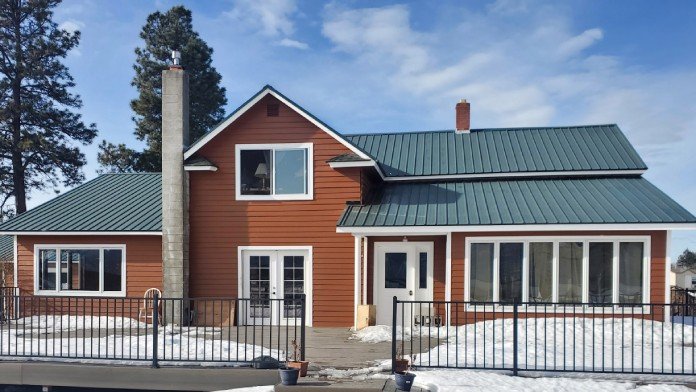
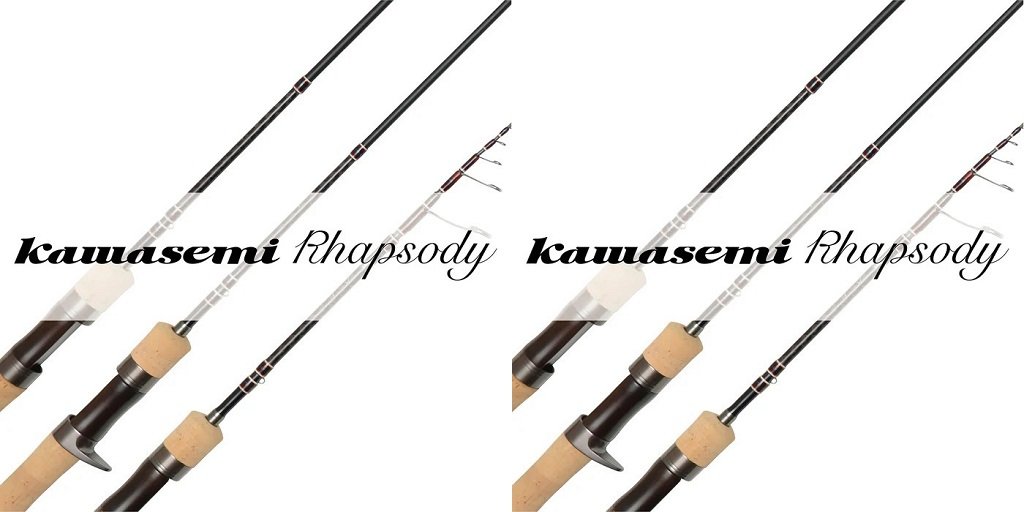


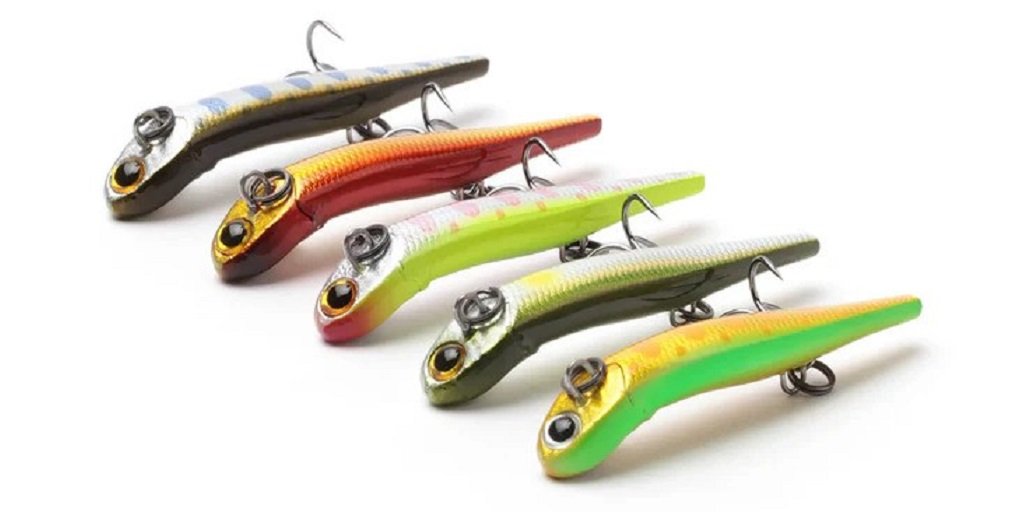

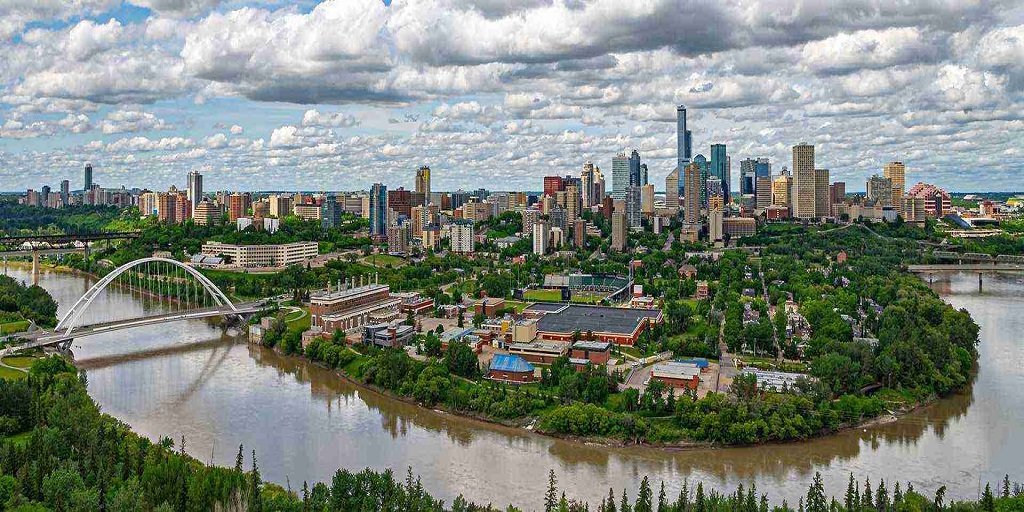
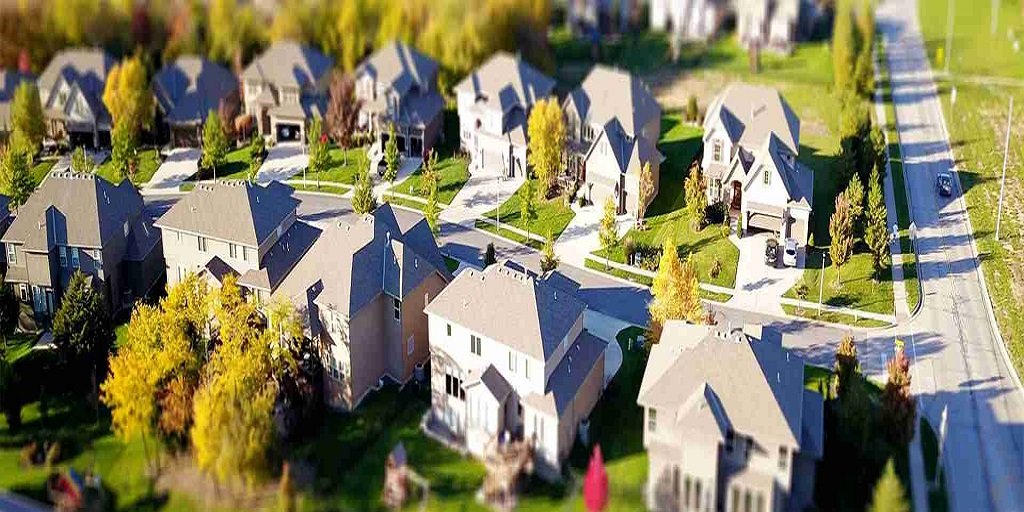
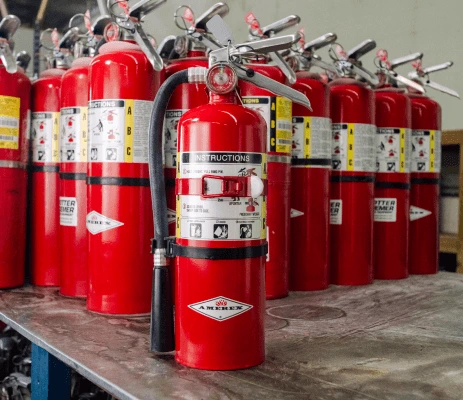


Leave a Reply